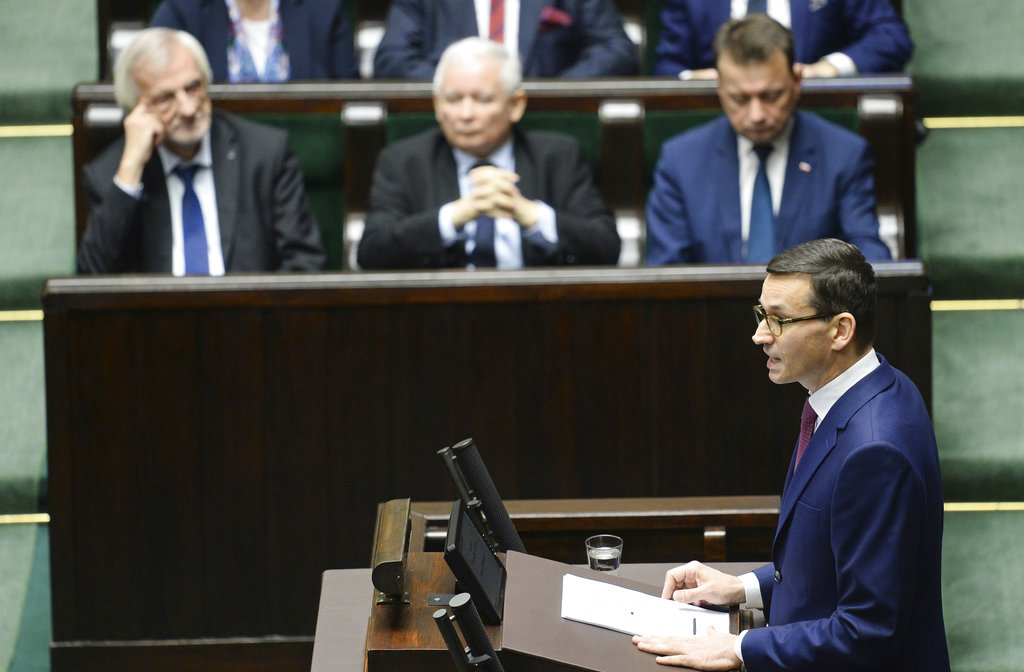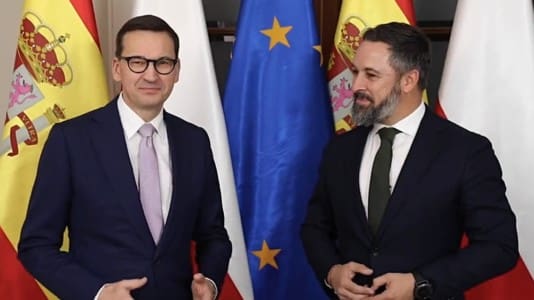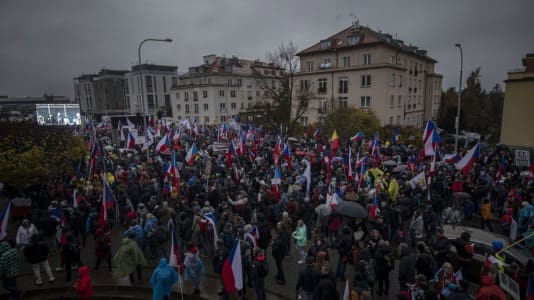A state committee for identifying Russian influence over internal security over the last 15 years has been proposed, with the effort designed to trace the extent to which Russia has intervened in Poland’s internal affairs and energy policy, announced Polish Prime Minister Mateusz Morawiecki and the governing Law and Justice (PiS) leader Jarosław Kaczyński.
The committee will function similarly to the committee that was appointed to verify the restitution process in Warsaw, and will have the power to overturn certain administrative decisions and subpoena witnesses. It will be made up of nine members elected by the Sejm, the lower house of parliament in Poland, in which PiS has a majority.
The committee is likely to concentrate on all administrative decisions, contracts, and information with regard to energy policy and transactions. It will also have the power to sanction any politician who is found to have acted in Russia’s interests and overturn administrative decisions it finds were inspired by Russia. Any official found involved in such decisions will lose their security clearance.
Both Morawiecki and governing party leader Kaczyński argue that there is a need to shed light on the unfavorable energy policy decisions taken by the previous liberal government. They believe that Russia had considerable influence over these policies and there is a need to identify and deal with the people responsible.
The reason why a state committee has been chosen as the investigative body over a special investigative parliamentary committee is because it can have a broader membership than just parliamentarians and because it can be granted executive powers to deal with the problems it identifies. This was how the committee on restitution in Warsaw functioned, which involved overturning scores of administrative decisions found to be faulty.
The move by the ruling PiS is seen as a response to attacks by opposition leader Donald Tusk and the liberal opposition accusing PiS of collusion with European political leaders they view as pro-Russian, such as France’s Marine Le Pen and Hungarian Prime Minister Viktor Orbán.
The committee is to document how unfavorable contracts were entered into with regard to the import of Russian gas and other business decisions. The committee is being criticized as a political tool in the arsenal of the ruling party ahead of next year’s parliamentary elections.






